
Discover more from Weapons and Strategy
Sandbagging Trump: Obstacles to a Ukraine Settlement
Manages to Insult Trump After Meeting (After Demanding the Meeting!)
UPDATE: Zelensky says discussions with U.S. President-elect Donald Trump are premature, as Trump does not have the authority to address such matters.
“It is difficult to talk to President Trump about this because he is not yet in the White House. By the way, I am going to call President Biden in the near future to raise the issue of Ukraine’s NATO invitation,” Zelensky said.
The Ukrainian president also expressed openness to French President Emmanuel Macron’s proposal to deploy international military forces in Ukraine, potentially bridging the gap before NATO membership.
Reports indicate that the U.K. and France are considering peacekeeper deployments after a possible ceasefire, an idea that German Foreign Minister Annalena Baerbock did not rule out.
source: https://www.yahoo.com/news/zelensky-plans-call-biden-discuss-150046037.html
President Donald Trump reluctantly met with Volodymyr Zelensky and Emanuel Macron in Paris to discuss the way forward in Ukraine. While Trump says that he has convinced Zelensky to move ahead with negotiations with Russia, Zelensky is already wiggling on any commitments he may have made. Nor is a negotiation and ceasefire exactly what Macron wants either.
The Trump plan for Ukraine is straightforward, but full of landmines. In simple terms Trump proposes an immediate ceasefire and negotiations, and expects that Ukraine will cede (some) territory to Russia. So far as can be determined, Trump has not yet talked to Putin.
Once a deal is made on territory, there will be a buffer zone of some sort, and some troops drawn from France, Germany and the UK will act as peacekeepers (which Russia almost certainly will not accept). In some fashion Ukraine will withdraw itself from any consideration for NATO membership, probably for a period of time (anywhere from 5 to 20 years).
What will the Russians say?
To begin with, the Russians are not likely to agree to a ceasefire as long as Ukrainian soldiers are on Russian territory. Putin, therefore, will demand their removal from Kursk. The US/Ukrainian position (prior to Trump) is that Kursk is a bargaining chip, and it would seem the Ukrainians want to trade Kursk for Ukrainian territory held by Russia.
On the ground the Russians have now taken back about 50 to 60% of the Kursk territory initially taken by the AFU (Armed Force of Ukraine). But Ukraine has continued to commit vital reserves to stay in the battle for the area, meaning finally dislodging the AFU will take time. In this context AFU casualties in Kursk, according to the Russians, are approaching 40,000, with heavy losses of equipment and ammunition. Russian casualties may also be high, but there are no reliable reports available.
Putin's options are either (1) continue the Kursk counter-offensive, possibly increasing the number of troops and firepower or (2) accept that taking back all of Kursk is too costly in manpower and material, leading to a ceasefire in place. One can predict that Putin will follow option 1 but with a secret timeline, that is perhaps one or two months to wrap up the counter offensive.
It is worth pointing out that there has been tension between Russia's political leadership, focused on Vladimir Putin, and the Russian military, which has not always had the same enthusiasm of the political side, or perhaps has not been as competent as internally advertised.
Politically speaking, Putin is not in good shape. He is hanging onto his bases in Syria, but on any day that arrangement could blow up. No one can say exactly what the shape of the new Syrian government will be like or what objectives they will have. Putin's regional failure (throwing most of his eggs into the Iranian-Hezbollah-Syrian basket) has weakened Russian prestige. Other bad choices, such as the North Koreans or Chinese, also are fraught with short and long term problems, some of which can be managed, but not all. What will happen if Kim Jong Un's regime collapses, or if China experiences an economic crisis that spirals out of control? Putin has some options, but to get there from here will require a massive realignment of Russia's national security policy. Will Trump see an opening here?
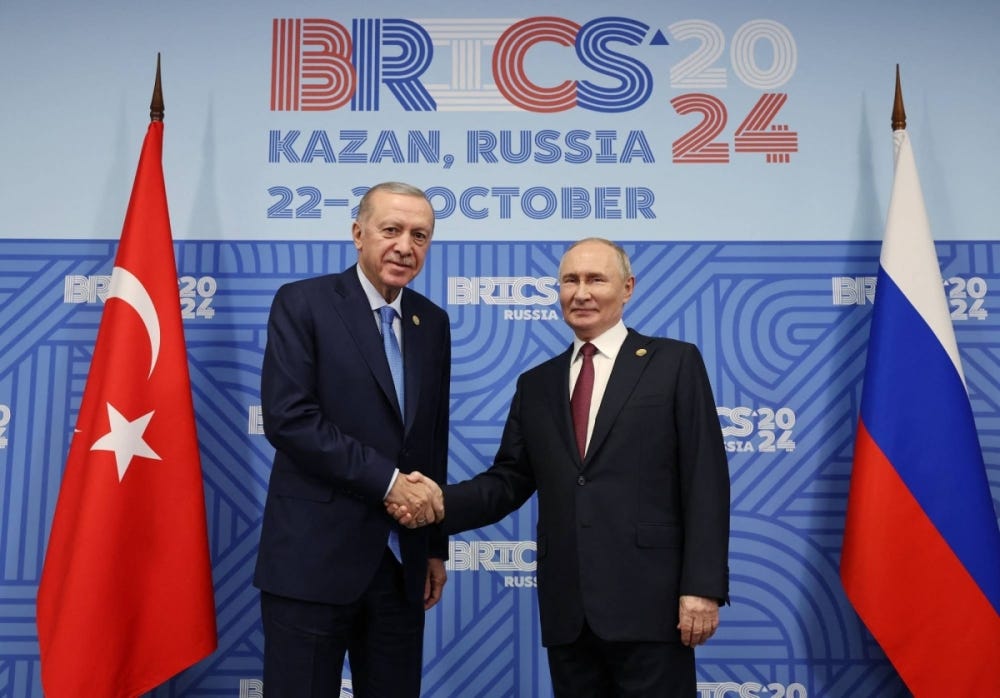
Putin also faces a significant challenge from Turkey. Turkey has a lot more on its mind than killing Kurds. It wants to be the major player in the Turkic Central Asian territory, previously a Russian stomping ground. The "stans" as they are called are under pressure from NATO, from China and from Turkey, and Russia's relationship with Turkish president Erdogan are, shall we say, problematic. How this plays out is anyone's guess, but clearly Turkey will demand a bigger role and lead position in exploiting the region's natural resources (uranium, gold, copper, natural gas among many other natural resources).
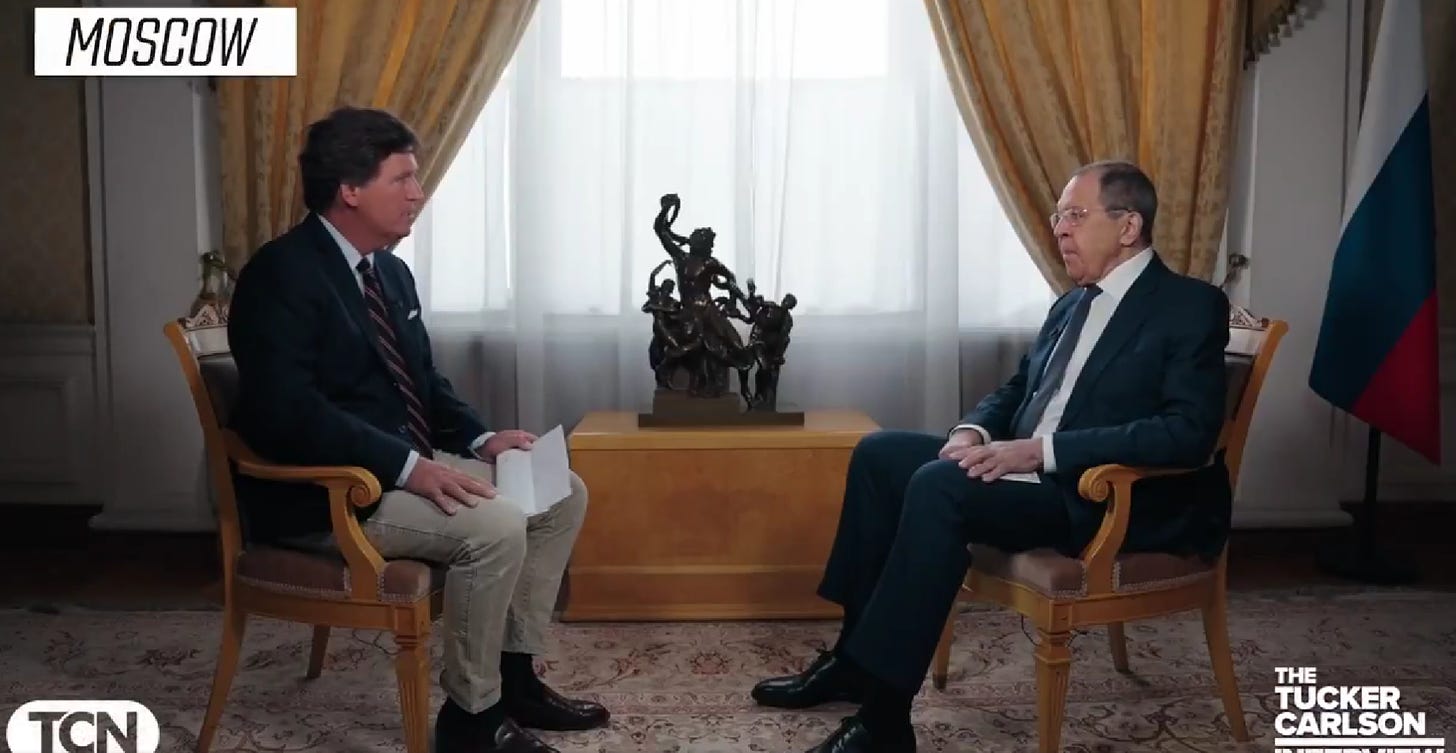
Trump's plan's primary focus is on ending the Ukraine war. It says nothing about many of Russia's stated objectives, although Lavrov went through these in his interview with Tucker Carlson (protecting Russian speakers, denazification, protection of the Russian Orthodox Church in Ukraine, a neutral Ukrainian government, no NATO bases or troops). All of this implies major changes to Ukraine's Constitution and rescinding numerous laws passed by the Verkhovna Rada, Ukraine's parliament, as well as cancelling various Presidential decrees. Putin could demand that these laws and decrees be ended before a ceasefire and negotiations take place on territorial issues and status of forces. Whether he will do so, or not, remains a question.
In NATO circles there is talk of sending Zelensky into exile (London is mentioned) and then holding elections in Ukraine. To do this, the Ukrainian political exiles would need to be able to return to Ukraine and organize, and those in jail or under house arrest likewise would need to gain their political freedom.
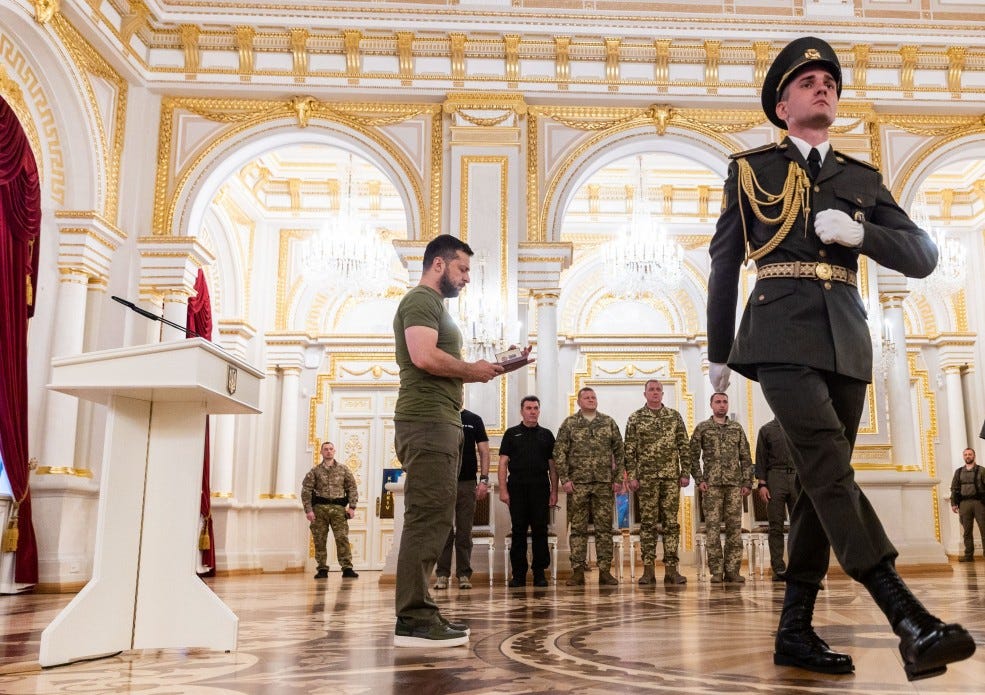
The stumbling block is the Ukrainian secret services and their military enforcers. They are the ones (both the "civilian" and military secret services) that have been keeping the current Ukrainian government in power. It is hard to see how free elections could be held in Ukraine without standing down these powerful, quasi-military, police operations who extensively spy on Ukrainian citizens and plot assassinations and bombings at home and in and outside Russia. Beyond elections, it is hard to see how any results are possible in Ukraine without resolving the security services issue.
The Ukrainian GRU, officially the Main Directorate of Intelligence, is tightly tied to the CIA and MI-6 in the UK, and other services in the NATO countries (i.e., BND or Bundesnachrichtendienst in Germany, DGSE or Directorate General for External Security in France, and the Security Service or Agencja Bezpieczeństwa Wewnętrznego in Poland. The sister services of the Ukrainians will try to resist any attempt to eliminate or reduce their authority.
Another serious problem is the role of, and behavior of the nationalist units of the Ukrainian army, such as Azov and a number of others. Included here is the Special Operations Forces (SSO) of Ukraine, which consists of 4,000 spetsnaz specialists. Will these units stand down or obey orders coming from Kiev? The fact of the matter is that the professional and voluntary parts of Ukraine's army could play the role of spoiler and could trigger attempts to seize control of Ukraine's government.
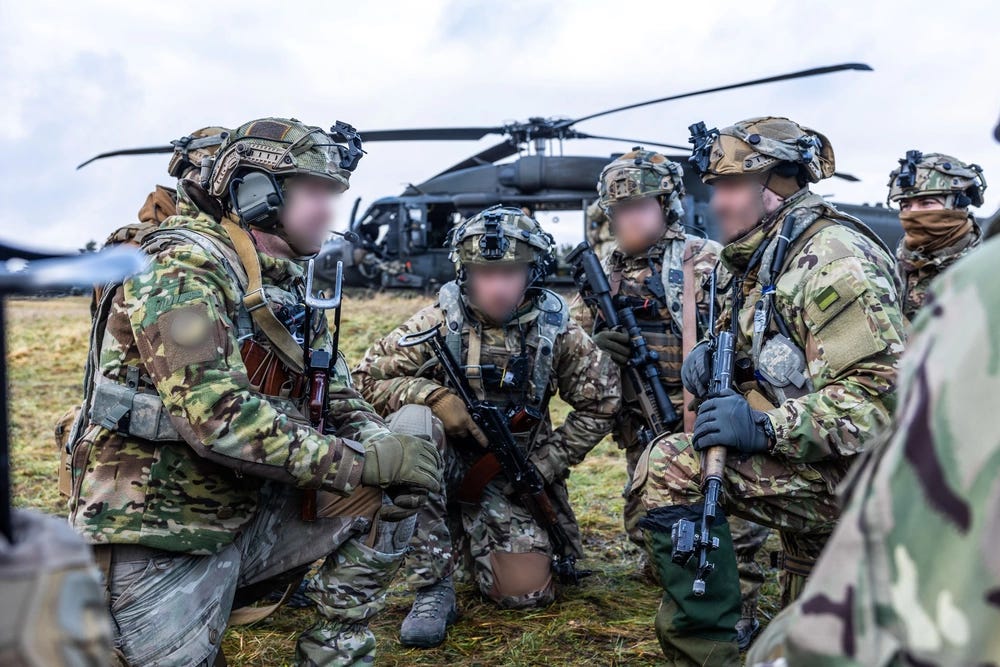
Making matters worse for Trump is the Biden administration, funneling billions in weapons to Ukraine at the 11th hour thereby discouraging negotiations, and also carrying out provocative NATO exercises that directly threaten Russia. The latest is the dispatch of nuclear bombers, AWACS and other aircraft (including some from the allies, including Sweden) flying close to the Russian enclave of Kaliningrad and exercises in the area of the Gulf of Finland and in the region of the Kola peninsula. On top of all this, the combative statements by Secretary of Defense Lloyd Austin, taking pride in throwing sand in the gears of the next administration that wants to slow or halt arms sales to Ukraine, not exacerbate the situation by flooding Ukraine with weapons.
Oddly enough, the recent body blows to Russian prestige in the Middle East will make it more, not less, difficult for Putin to make concessions to Trump. Can Trump persuade Putin to cooperate? He will need some powerful sweeteners to bring Russia along, but we cannot say what they are. Meanwhile the obstacles, including Biden, are sandbagging Trump and making real progress hard, even impossible.





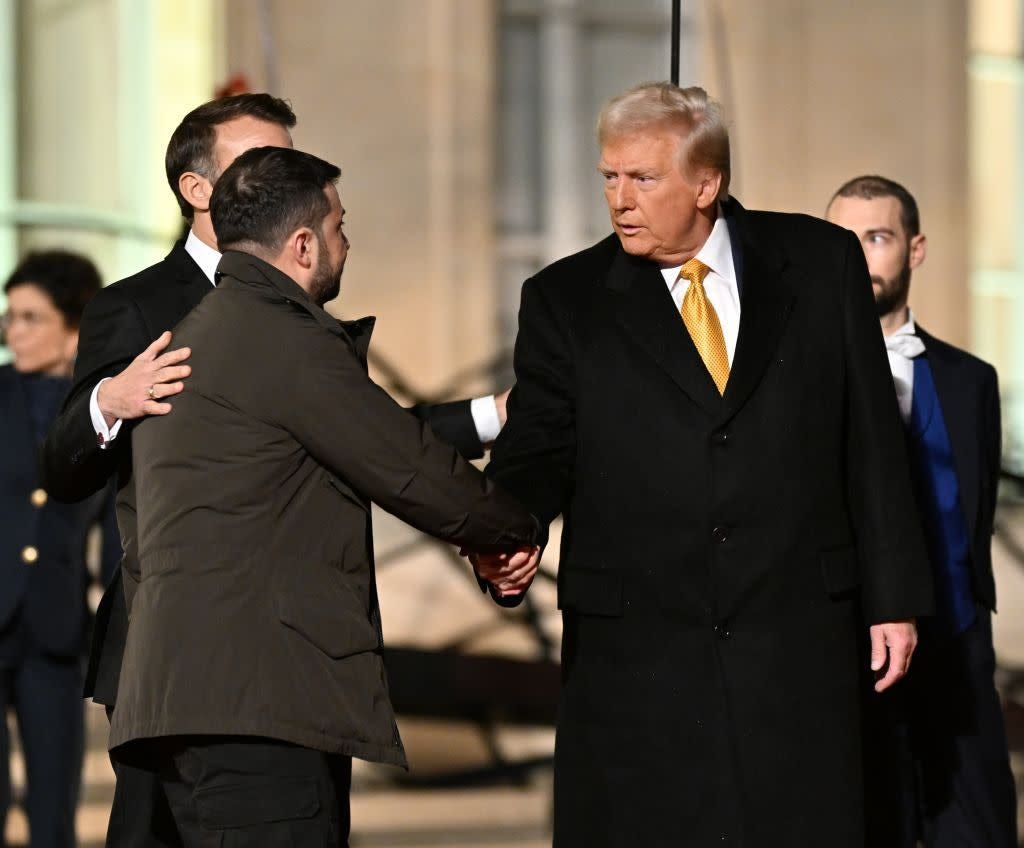
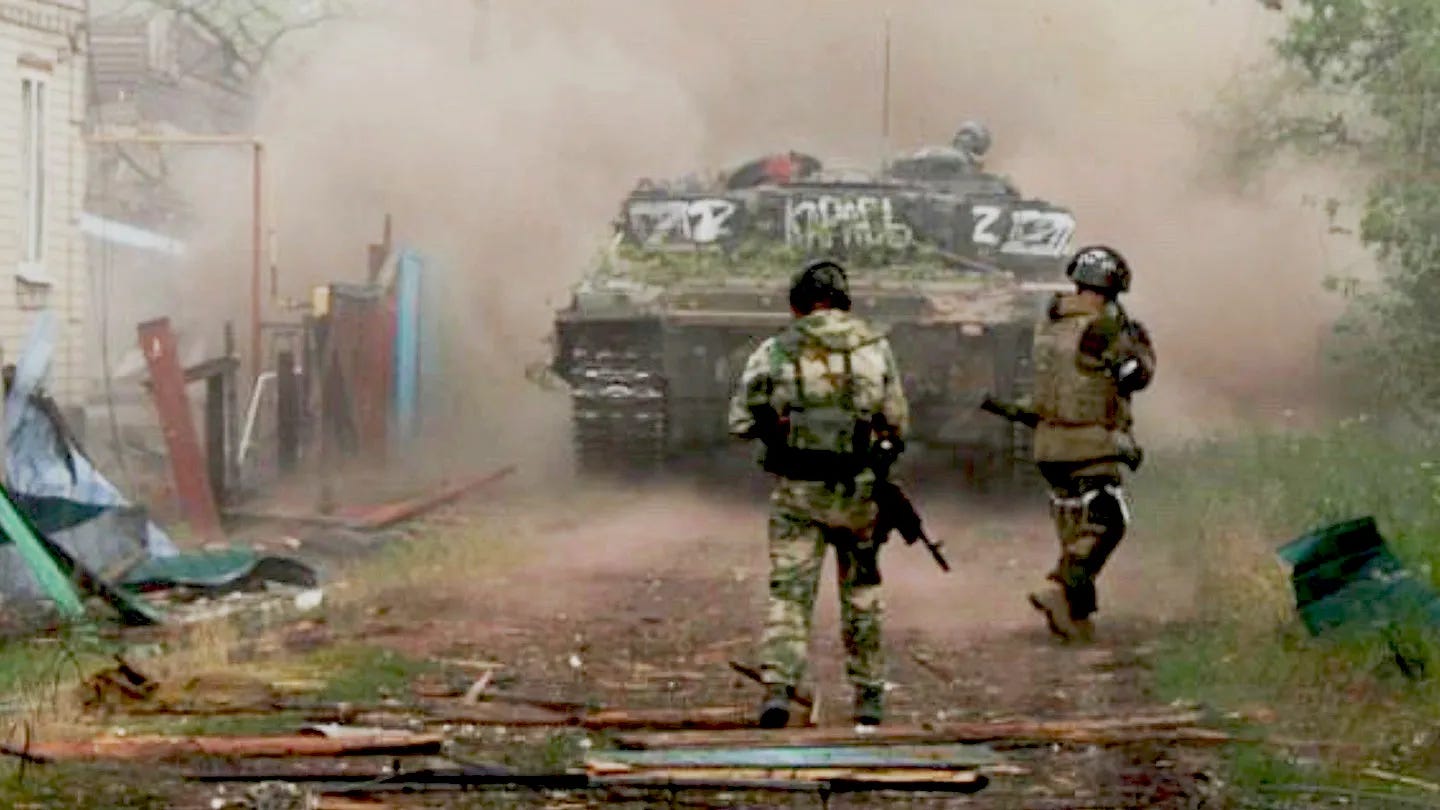





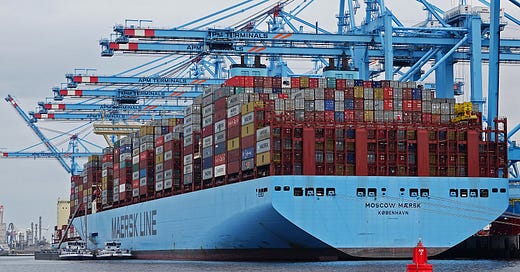

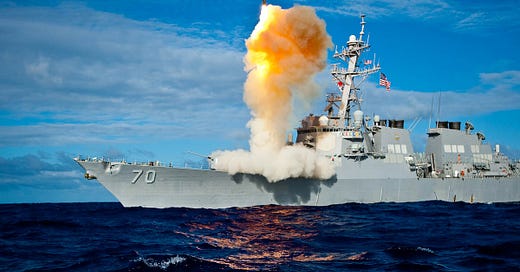

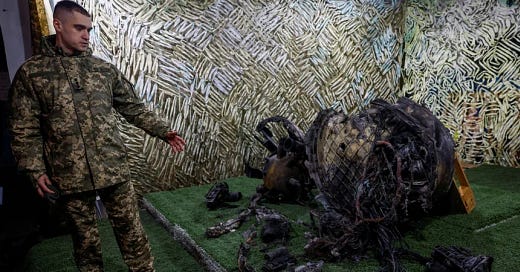

"The stumbling block is the Ukrainian secret services and their military enforcers. They are the ones (both the "civilian" and military secret services) that have been keeping the current Ukrainian government in power. It is hard to see how free elections could be held in Ukraine without standing down these powerful, quasi-military, police operations who extensively spy on Ukrainian citizens and plot assassinations and bombings at home and in and outside Russia. Beyond elections, it is hard to see how any results are possible in Ukraine without resolving the security services issue."
Nobody in the West wants free elections. They want carefully curated elections, elections that they control the outcome of.
If the voters vote the wrong way, they are sent back to do it again, until the right result is achieved. See, for example, the second "Orange Revolution" vote in Ukraine in 2005, or the vote in Romania right now. Or the rulers simply ignore pesky election results. See, for example, the French rejection of the EU treaty, the Dutch rejection of the EU association agreement for Ukraine, or many other examples.
And yes, any Ukrainian expressing public opposition to the war, or calling for anything less than Total Victory ala 1943 Sportspalast) can expect a visit from the Secret Police, with the usual fascist light touch.
Also, keep in mind that Trump is weak, stupid and easily manipulated. Promise him a big parade pr a statue of himself and he'll agree to anything.
Now that another treaty has been broken in Syria, again to the detriment of Russia, I do not think that Putin is likely to want to sign another one that simply delays stuff until the inevitable happens.